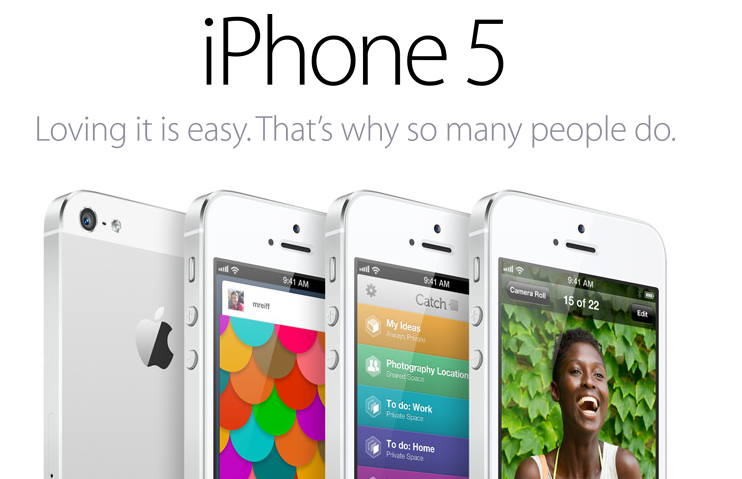On Friday, May 17, the Pentagon cleared Apple devices for use by government and military officials. Earlier this month Samsung and Blackberry z10 phones were also cleared by the Pentagon. This means that Apple, Samsung, and RIM will be fighting for military sales over the next couple of weeks.
Samsung’s vice president, Tim Wagner, said that they worked with the the US National Security Agency to create a customized operating system (called Knox) that featured multiple layers of software and hardware protection. The Samsung S4 was the first smartphone ever released to run the Knox security operating system.
Blackberry on the other hand has already been partners with the defense department for years, supplying them with over 600,000 devices. Now that Apple has finally been cleared, it will be able to enter the market which Blackberry has been dominating.
Although Samsung is trying to get into the military market by working with the NSA on security, it doesn’t mean they will be the best choice for the US government. Android is known to be the biggest target for malware/virus programmers. In fact, Android malware tripled in 2012. Whereas Samsung is trying to work with the NSA to secure its devices, Apple is already secure. Android has hundreds of viruses and malware vulnerabilities while iOS only has a handful. This handful of iOS vulnerabilities are mostly directed at jailbroken devices. So as it stands right now, iOS is more secure than Android or Knox.
The US Air Force is Also Using Apple Devices

Even the Air Force finds it easy to love them.
The US Air Force is replacing all of its flight manuals with iPads, and expects to save $50 million dollars (within ten years) by doing so. Using iPads will save $750,000 on fuel savings, by removing anywhere from 90-450 pounds per aircraft aircraft. Printing and distributing the paper manuals also costs about $5 million a year.
The Air Force bought 16,000 32GB Wi-Fi iPads at $520 per unit, or $8.3 million in total. If the iPads save $5.7 million each year but they cost $8.3, that means that they will pay for themselves within two years. Updates will also be easier to propagate through the manuals. Instead of having to print new manuals and distribute them, iPad manuals will instantly get updated over Wi-Fi.
What Does it Mean for Apple?
If Apple can continue to secure large contracts with the Air Force, Pentagon, and other government agencies, then it will be really beneficial to their company. Not only will these government employees be more inclined to purchase Apple products for their own purposes, but it will also catch the interest of investors. Investors definitely catch wind of news like this. When the US Air Force needs a solution to bulky manuals, and they pick iPads to replace them, it encourages investors. It also makes consumers feel more comfortable buying products that are used in the government because they are so secure but functional.
Article written by Octavian Ristea.
Sources:
http://www.globalpost.com/dispatch/news/war/military/130518/pentagon-approves-iphone-military-use
http://iflowreader.com/2924/news/u-s-air-force-plans-to-save-50m-using-18000-ipads/